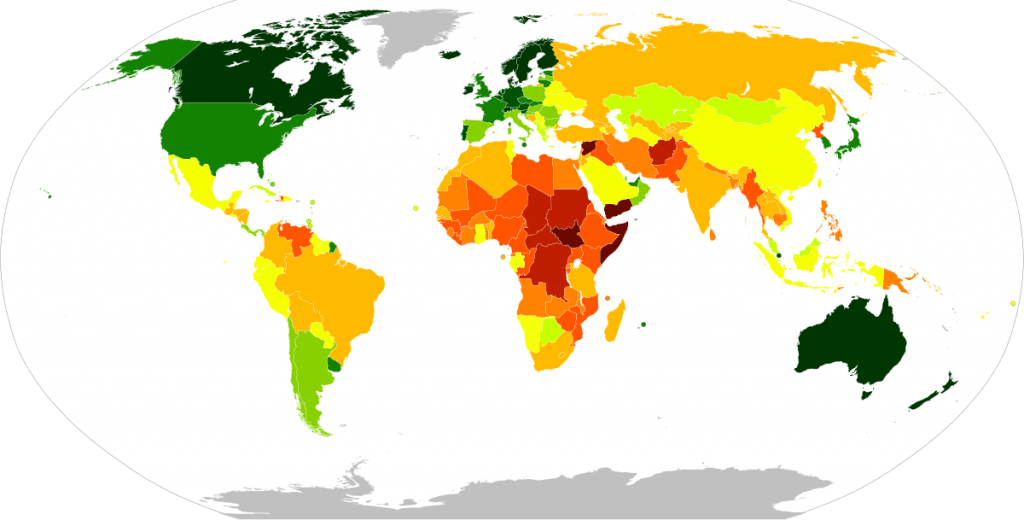DailyPost 313
WHY NATIONS FAIL?
Failed states is a concept and a reality which takes a huge share of our discussions on the fate of countries which make their way to success & the ones who are stuck up in a vicious cycle, never to emerge. A deep analysis of the issue in a book Why Nations Fail by Acemoglu Robinson ascribes the main reason to Extractive Institutions. The nature of these institutions may differ in detail, the purpose by far remains the same , is spread across South America, Africa & South Asia.
The nations don’t fail because of economic policies, geography, culture, or value systems as projected, rather it is because of political institutions. The authors differentiate the political institutions into two; first the Extractive, “small” group exploits the population at large and Inclusive institutions , as the name suggests has “many” people in the governance mechanism. Extractive Institutions that impoverish people & block to economic development. It paves way way for conflict of different dimensions.
Extractive political institutions as a direct corollary give birth to extractive economic institutions. Such institutions don’t create incentives necessary for the population at large to save, invest & innovate. Extractive political institutions consolidate power in hands of a few who benefit from the extraction. Extreme examples of Zimbabwe & Sierra Leone where these institutions paved way for complete state failure, decimating not only law & order but even most basic economic incentives.
In Argentina, growth happened with extractive institutions but like other such experiences, their was no creative destruction and for sure no innovation. And for sure, it could not be sustained. Growth with extraction has no meaning. The failure is inbuilt & that is the reason why nations fail. The ultimate reality, well proven, is that only inclusive political institutions leading to the creation & sustenance of inclusive economic institutions are the roadmap for the world.
ONLY VIABLE INSTITUTIONS CAN USHER IN ECONOMIC PROGRESS.
Sanjay Sahay

